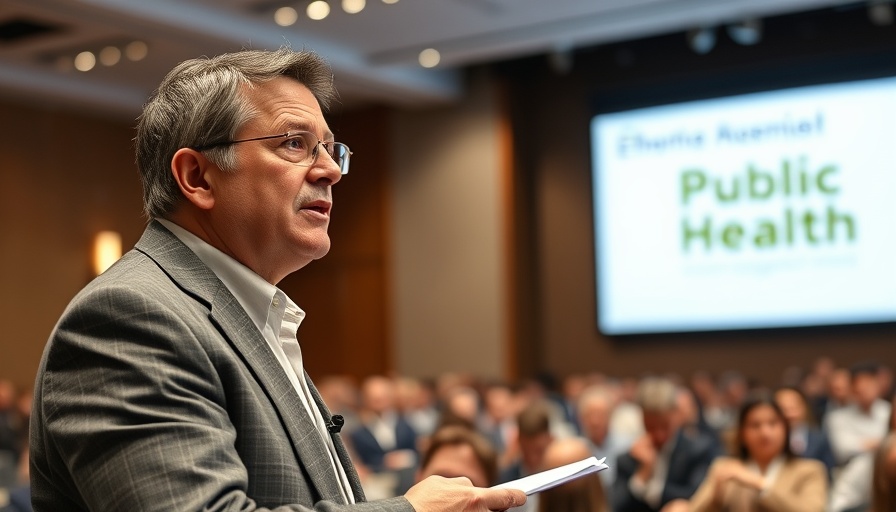
Exploring the Dangers of Undermining Expertise
In a recent interview, U.S. Health Secretary Robert F. Kennedy Jr. sparked a considerable amount of controversy by claiming that the commonly heard advice to "trust the experts" is not rooted in democracy or science but rather resembles totalitarian methods. His assertion has ignited widespread backlash online, prompting many to reassess what it means to trust authority figures, particularly in areas critical to public health and safety.
The Context of Expertise and Authority
The statement from Kennedy raises alarm bells about the increasingly polarized relationship between the public and experts. In today’s information age, where social media often fuels misinformation, the challenge becomes discerning credible sources from unqualified opinions. Critics of Kennedy's viewpoint argue that while healthy skepticism is essential, completely discrediting experts leads to dangerous outcomes, particularly in fields like medicine, law, and science.
Trusting Experts: A Necessary Component of Public Health
While it's vital to question and understand the recommendations of experts, dismissing them outright can have severe consequences for public health. For instance, during the COVID-19 pandemic, reliance on viral experts allowed us to navigate unprecedented challenges. Countries that embraced expertise and scientific guidance experienced significantly different outcomes in managing the crisis compared to those that pushed a skeptic agenda.
Historical Lessons on Trust and Totalitarianism
Historically, regimes have often employed tactics that discredit experts to consolidate their power. By casting doubt on established knowledge, they redirect the public's trust toward a centralized authority or ideology. This discrediting of expertise, whether in health or other areas, has often led to disastrous consequences, from public health crises to broader socio-political unrest.
Counterarguments: The Role of Healthy Skepticism
On the flip side, many assert that skepticism towards experts is necessary for maintaining a democratic society. Blind trust can lead to complacency, causing populations to neglect their civic responsibility to question and critically evaluate information. However, distinguishing between informed skepticism and outright dismissal is key to fostering a balanced approach.
Path Forward: Embracing a Balanced Perspective
Rather than choosing sides in the battle between experts and populist outrage, we can find value in both perspectives. By integrating expert advice with community input and personal experience, we can create a more holistic understanding of issues affecting our health. In a world overwhelmed by information, fostering critical thinking skills is essential, enabling individuals to sift through noise and engage meaningfully with expertise.
In conclusion, while it is vital to question authority, a full rejection of expert knowledge can lead to significant risks, especially in healthcare. By fostering a culture that values both informed skepticism and respect for expertise, we can better navigate the complex challenges surrounding public health and wellness.
 Add Row
Add Row  Add
Add 




Write A Comment